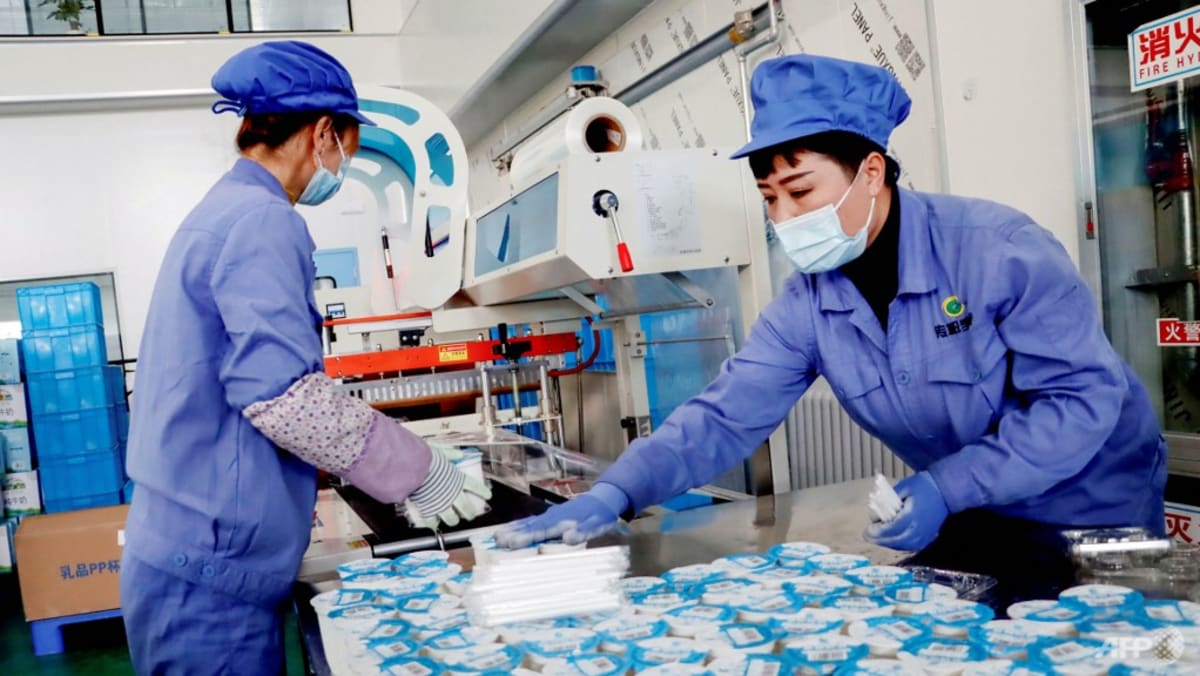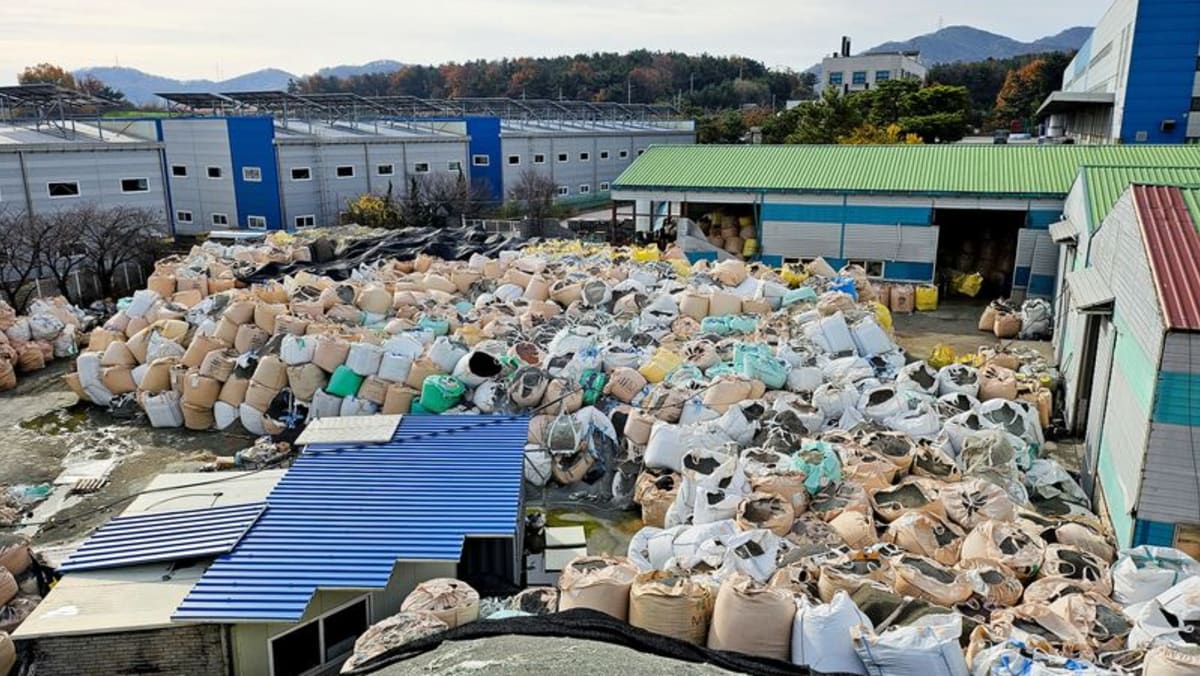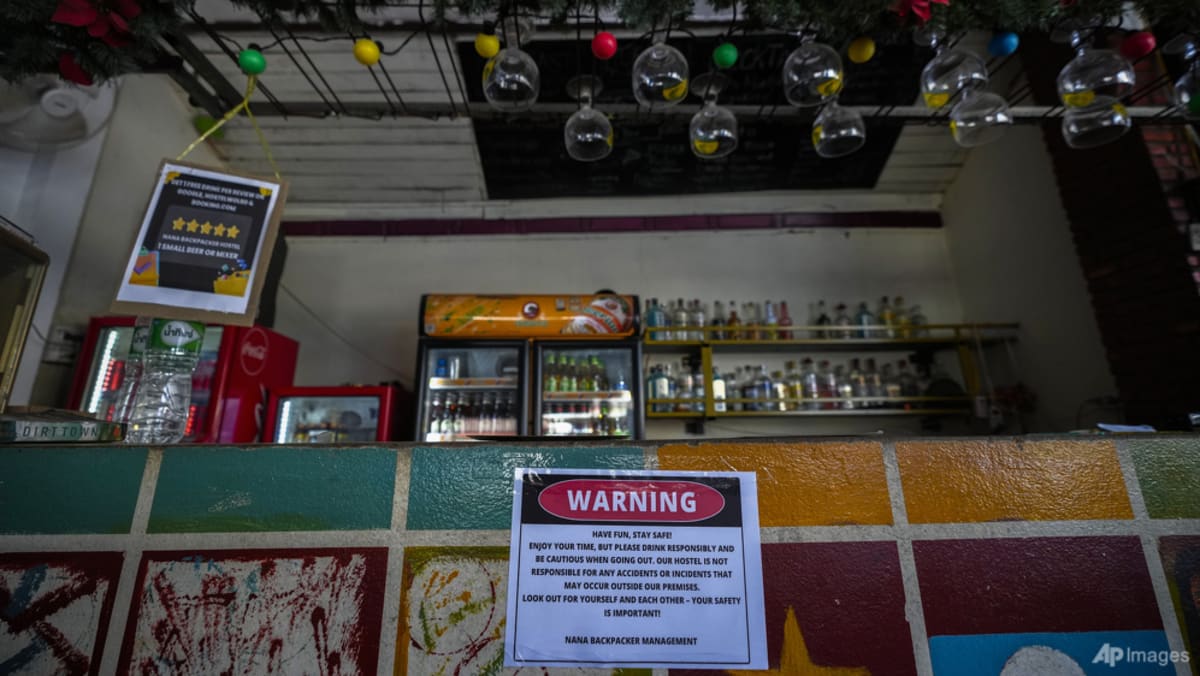Singapore to remove melamine-related requirements for milk imports, including infant formula, from China

SINGAPORE: Singapore will remove melamine-related import requirements for milk, milk products and products containing milk from China from Nov 1, the Singapore Food Agency (SFA) said on Monday (Oct 23).
The requirements have been in place since 2008, when melamine – a chemical used to make plastic – was detected in infant milk products produced in China in a scandal that rocked the country’s dairy industry.
“Since then, China implemented various measures to strengthen the supervision and administrative processes of their dairy products, including tighter production licensing, stronger inspection, detection, monitoring and evaluation, and more severe penalties for products found with melamine across the dairy food chain,” SFA said in a circular.
SFA added that these measures covered the breeding of dairy cattle, the purchase of fresh and raw milk, and the transport of fresh and raw milk to dairy processing establishments.
Under current SFA rules, milk, milk products and products containing milk from China can only be brought into Singapore if they are produced by establishments approved for export by the Chinese authorities.
These manufacturers are required to test each batch of their raw materials and end products to ensure that they are not contaminated with melamine.
Additionally, the Chinese authorities must inspect and test each batch of the products and issue health certificates with the results of melamine tests to accompany consignments exported to Singapore.
While the melamine-related import requirements will be removed from Nov 1, milk and milk products imported from China – including liquid milk, milk powder, cheese, butter, ice cream and yogurt – will continue to be subjected to SFA checks and must also comply with other existing requirements for such imports, the agency added.
Revisiting the 2008 melamine scandal, the South China Morning Post reported in 2020 that about 300,000 children in China were poisoned by tainted milk. Six of them died.
The substance was used by 22 companies to artificially boost protein levels in their products.
Chinese authorities punished those responsible for the scandal severely. Some were jailed for life and two were executed.
More than a decade on, the impact of the scandal on China’s dairy industry was still evident, however, with foreign brands being seen as “way more trustworthy”, SCMP said.
CNA has contacted SFA for more information.
Source: CNA















